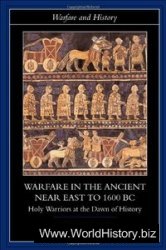The majority of American Indians seem to have judged—correctly as it turned out—that an American victory in the Revolutionary War would probably lead to further trouble in the form of new encroachments on their lands. A British victory would therefore be in their best interests—it was the British, after all, who had tried to confine the colonists to the territory east of the Appalachians. The British, on their part, welcomed Indian allies in the West, but the outcome of the war and that alliance later hurt both the British and the Indians in their further struggles with the Americans. The pro-British Iroquois under Joseph Brant did considerable damage to the Americans, but overall the Indian involvement in the war did the Native Americans more harm than good.
In 1778 the Wyoming Valley and Cherry Valley Massacres in Pennsylvania led by Loyalist Sir John Butler provoked a response from the Americans. Indians swept through outlying settlements, terrorizing the people and killing forty survivors at Cherry Valley after they had surrendered. Washington sent four thousand men under Generals Sullivan and Clinton to attack the Indians, and the American victories broke up the Six Nations.
In 1779 Colonel George Rogers Clarke's expedition, commissioned by Virginia Governor Patrick Henry, against Colonel Henry Hamilton (the "hair buyer") captured Kaskaskia, Cahokia, and Vincennes. Like much of the fighting on the frontier, the combat was especially bloody
And brutal; Clarke's victories secured American claims to western lands and ended British control in the Northwest.
Worthy of note: The Northwest territory (Ohio, liiinois, Indiana, Michigan, and Wisconsin) could otherwise have wound up as part of Canada.




 World History
World History









